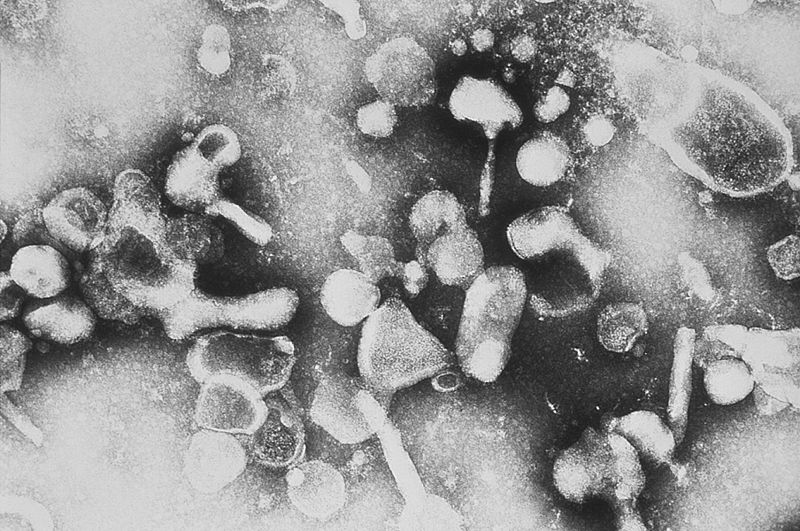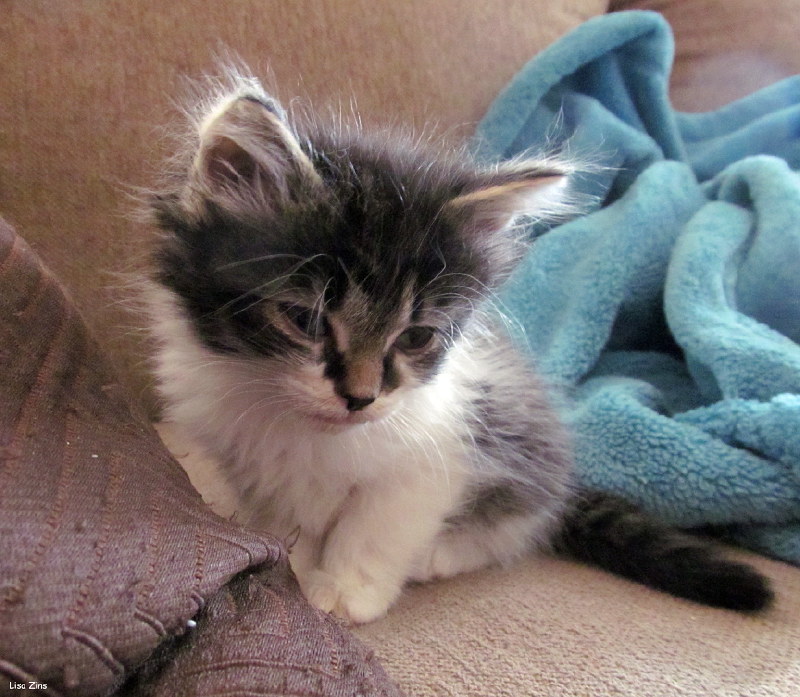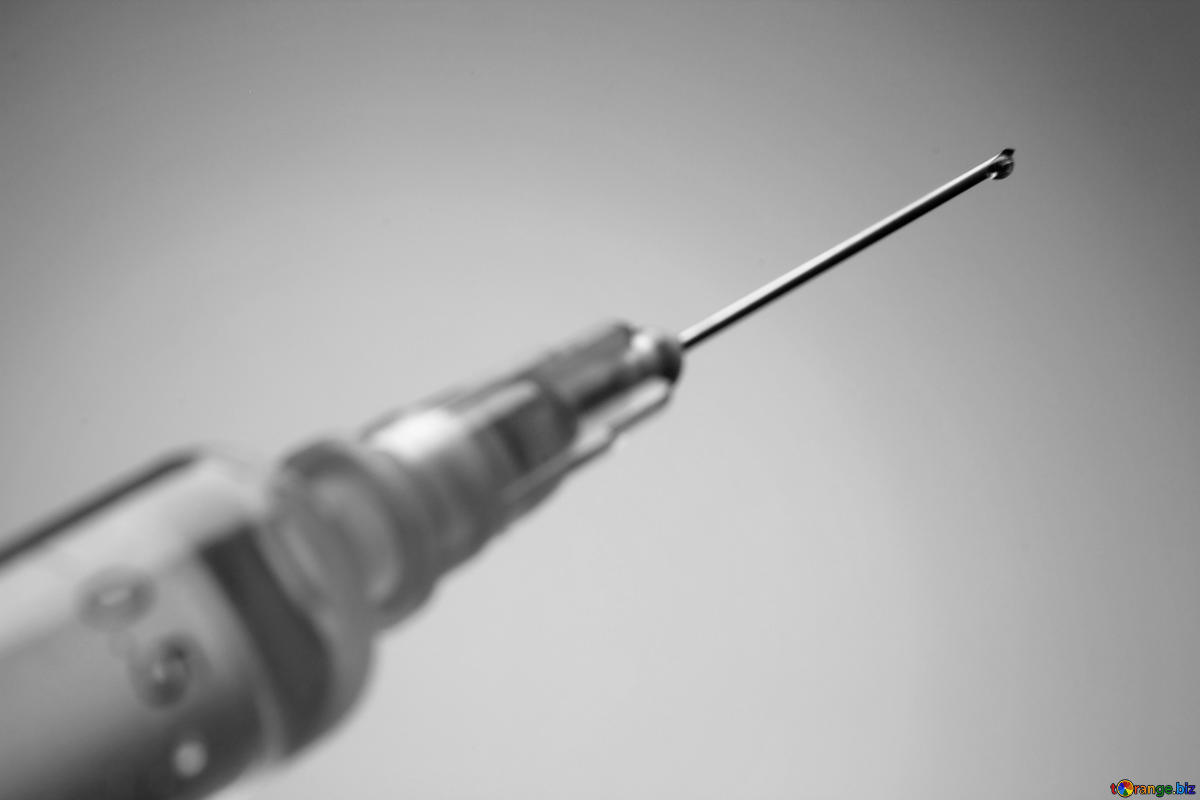Cat Tales - Of Cats and Cows
Vaccines are important, but what are the relative risks and rewards?
Vaccines play a critical role in modern medicine. This has been true for centuries, going all the way back to the original rudimentary vaccine created by intentionally infecting test subjects with cow pox to try to achieve immunity to the deadly scourge of smallpox. But what role do vaccines play in the health and happiness of your kitty-cat?
Frequently, many cat lovers underestimate the importance of vaccinations, not least because most cats live indoors and rarely or never venture outside: and to be clear, this lifestyle does indeed limit your cat’s exposure to diseases. However, even house-cats are vulnerable to infections brought home by their loving owners. This is especially true of viruses, many of which can survive on a carrier for days or even weeks.

So, what vaccines should your cat have? How do they work? How often are they needed? What are the risks and rewards?
Vaccines take their name from the cows (vacca is latin for cow) that provided the cowpox virus that was the basis for the first vaccine. Cow pox and smallpox were very similar diseases. Therefore, infecting someone with the cow pox virus pox helped their immune system recognize the small pox virus if it ever infected them. This could give their immune system a head start in fighting off the virus, vastly increasing the chances for survival and recovery.
Modern vaccines still function largely the same way, with some small changes. These days, the vaccine is usually based on only a part of the virus or microorganism, and so it cannot actually cause the related disease. These are known as inactive or “dead” vaccines. To enhance the effectiveness of modern vaccines, they are almost always suspended in something called an adjuvant. Adjuvants assist the vaccine by provoking an inflammatory immune response at the injection site. This increases the local immune activity, and increases the strength of the response. Overall, this increases the effectiveness of the vaccine, although no vaccines are guaranteed to be 100% effective.
Regardless of your cat’s lifestyle, it is strongly recommended that all cats receive the core four vaccines due to the effectiveness of the vaccines, how common the diseases are, and the severity of the symptoms for the disease. These diseases are feline distemper, feline herpesvirus, calicivirus, and rabies. (Among these, it is mandated by law to vaccinate your cat for rabies in most jurisdictions.)
There are a variety of other vaccines that might be recommended based on age, health, environment, and lifestyle. Among the more common of these are vaccines against the Feline Immunodeficiency Virus, Feline Leukemia Virus, and Feline Infectious Peritonitis. This may be recommended if a cat has a compromised immune system, is living with infected cats, or has outdoor access. Be sure to consult with your vet to determine if these supplemental vaccines are right for your cat.
To address age, it is critical that kittens in particular receive vaccinations on schedule. Typically, very young kittens are protected by immune system antibodies they ingest from their mother’s milk. This is necessary, as they essentially lack a functioning immune system of their own at the earliest stages of their life. Vaccinations at this stage are not helpful, as there is no functioning immune system to train., and the antibodies in their mother’s milk can interfere with the vaccination process. Starting between when they are 6-8 weeks old, a kitten’s immune system becomes active, and they should receive a series of vaccines over the next few months to train their immune system as the antibodies received from their mother leave their system.

As adults, cats should receive vaccines on a regular basis based on the vaccination protocols for your vet: this can be once a year versus every three years depending on the type of vaccine, the health of the cat, and numerous other factors.
Our final topic is the potential complications and risks associated with vaccinations. It is worth pointing out that the vast majority of vets overwhelmingly endorse vaccination as a part of wellness care to keep your cat happy and healthy, despite the small associated risks.
The first risk factor is that there is an allergic reaction to the vaccine injection. Symptoms can include swelling, redness, itchiness, shallow breathing, dizziness, vomiting, diarrhea, anemia, and collapse. It is worth noting that is exceptionally rare for this to occur (it can be as few as just 1 case in 10,000 vaccinations.) However, if you observe any of the more severe symptoms immediately after vaccinations are given, contact your vet immediately.

The second risk factor is one that seems to be unique to cats: feline injection site sarcoma. This is a type of cancer where a cat develops a tumor at the site of a vaccine injection. This can manifest as swelling that doesn’t go away after three weeks, and the swelling can grow as the tumor itself grows aggressively. If this occurs, surgical removal of the tumor as well as large amounts of nearby tissue is typically required. This is one reason why injections are usually made at sites that can be easily amputated, such as legs and tails. Unfortunately, injection site sarcomas can appear up to ten years after an injection. Research has shown that these tumors are probably due to the adjuvants used to boost the immune response to the vaccines: happily, there are now adjuvant free vaccines available that mitigate the risk of these sarcomas, and we are proud to say we have them available at Abbeywood!
As always, thanks for reading! Feel free to contact us with follow up questions or concerns on Facebook or at info@abbeywoodcathospital.com.